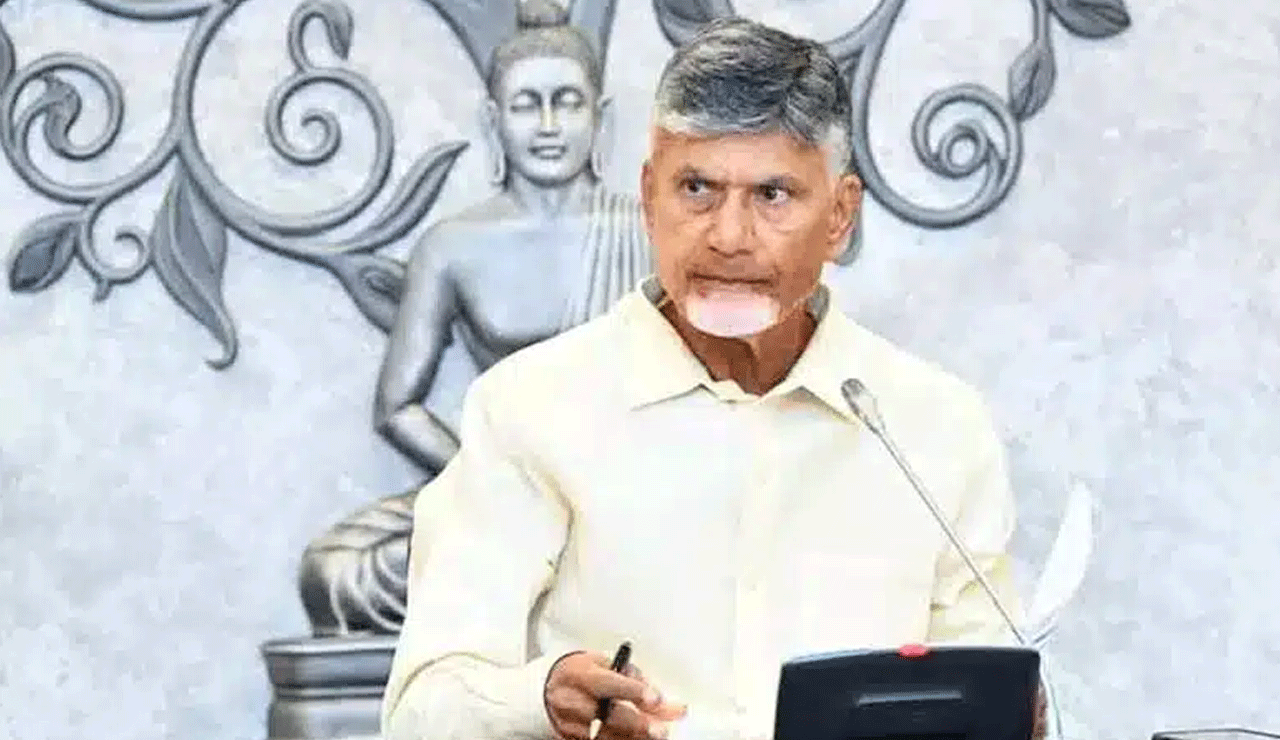From Crisis to Opportunity: Naidu to Transform AP’s Population Policy
Andhra Pradesh Chief Minister N. Chandrababu Naidu announced that the state will soon introduce a new population policy to tackle the growing challenge of declining fertility rates and demographic imbalance.

Amaravati: Andhra Pradesh Chief Minister N. Chandrababu Naidu announced that the state will soon introduce a new population policy to tackle the growing challenge of declining fertility rates and demographic imbalance. Addressing the Amaravati Summit on World Population Day, Naidu emphasized that population should be viewed as the state’s most valuable economic asset, not a liability.
Table of Contents
“Population is the nation’s strongest economic asset. A robust policy on population growth will be introduced soon,” Naidu said at the summit.
CM Warns of Shrinking Youth Population and Future Representation Crisis
Naidu voiced concerns that rising living costs and lifestyle shifts are discouraging young couples from starting families. He highlighted that southern states might lose political representation in Parliament due to lower population growth, despite having better-managed populations.
Also Read: Residents Oppose Osmania Hospital Shift, HC Demands Answers from Govt
He reflected on his earlier family planning initiatives, saying:
“Before 2004, I incentivised family planning and introduced laws disqualifying those with more than two children from contesting local body elections.”
However, he added that current realities may require reversing such laws to encourage larger families.
Fertility Rate in AP Drops to 1.7: Urgent Reversal Needed
The CM revealed that Andhra Pradesh’s fertility rate stands at 1.7, below the replacement level of 2.1, creating long-term demographic risks.
He compared the trend with global examples:
“Countries like Japan, Hungary, and Singapore are offering cash incentives, tax benefits, and housing support to families with more children. We must take inspiration.”
New Population Policy to Include Public Feedback
Naidu also launched a state-wide survey inviting citizens to share views on population policy:
“Your voice is our policy guide,” he said, encouraging participation to shape family-centric welfare policies.
Joint Families, Cost of Living, and Social Change Under Review
Naidu cited the disappearance of joint family systems, urban expenses, and a shift in youth mindset as critical factors impacting birth rates. He also narrated a personal experience from Kuppam, describing a three-generation household as a model for economic and emotional stability.
TDP’s Commitment to Women Empowerment and Human Capital
Highlighting TDP’s historical record, Naidu emphasized the empowerment of women through gas schemes, property rights, and representation in education and transport.
“India’s population advantage will remain only till 2047. If we don’t act now, we risk a human resource crisis. Our people are our real strength,” he concluded.
